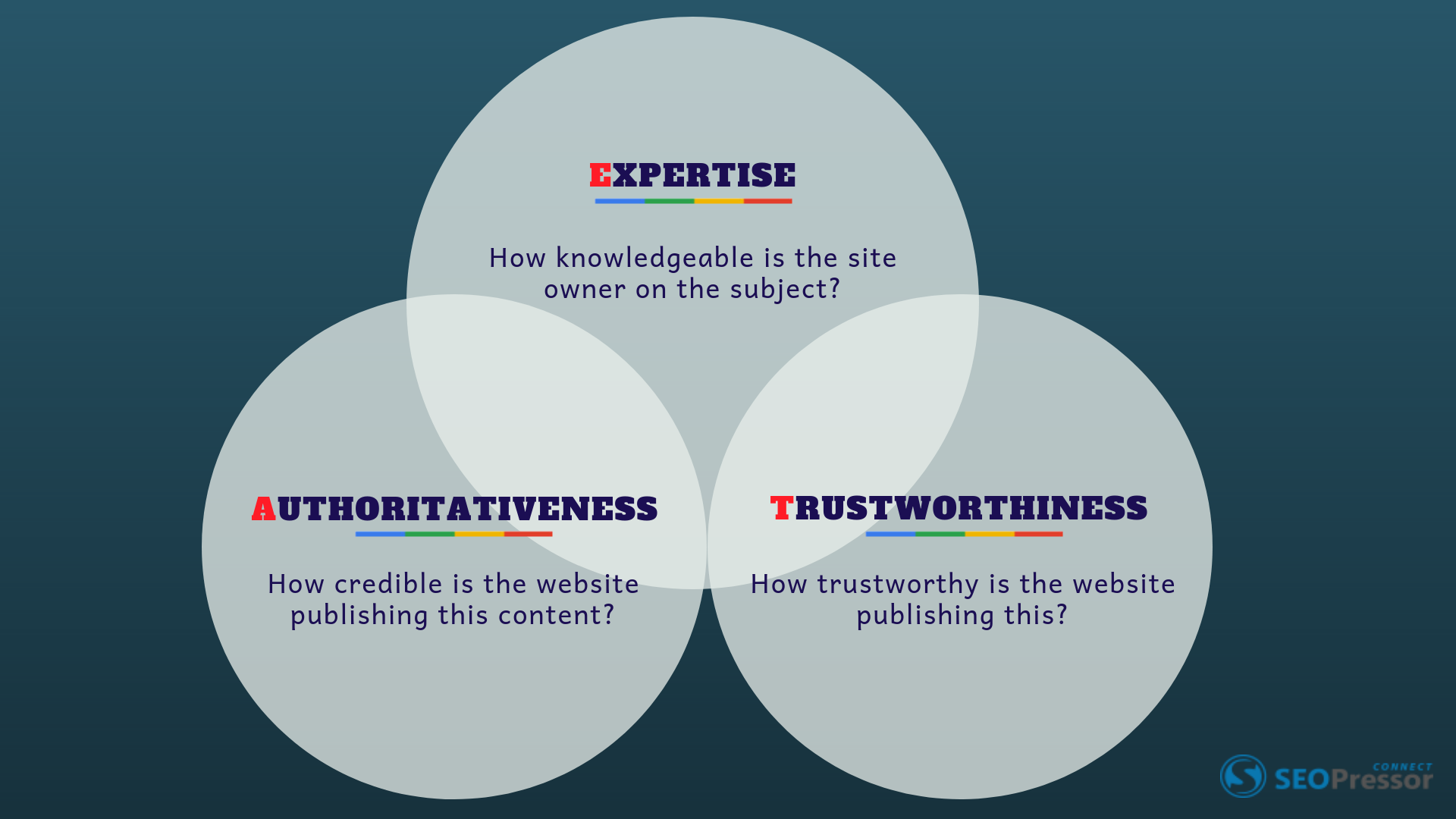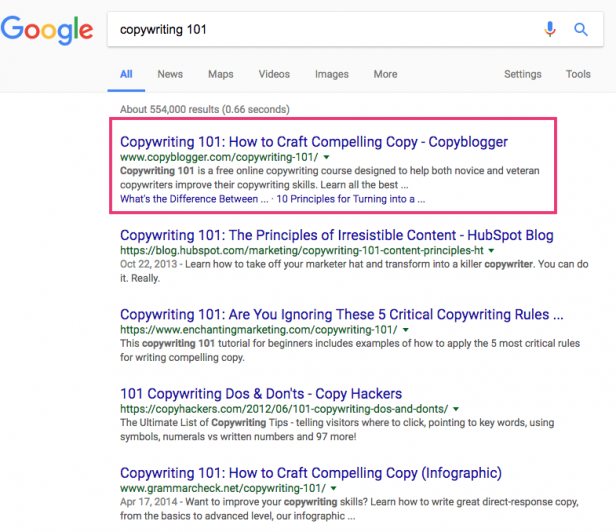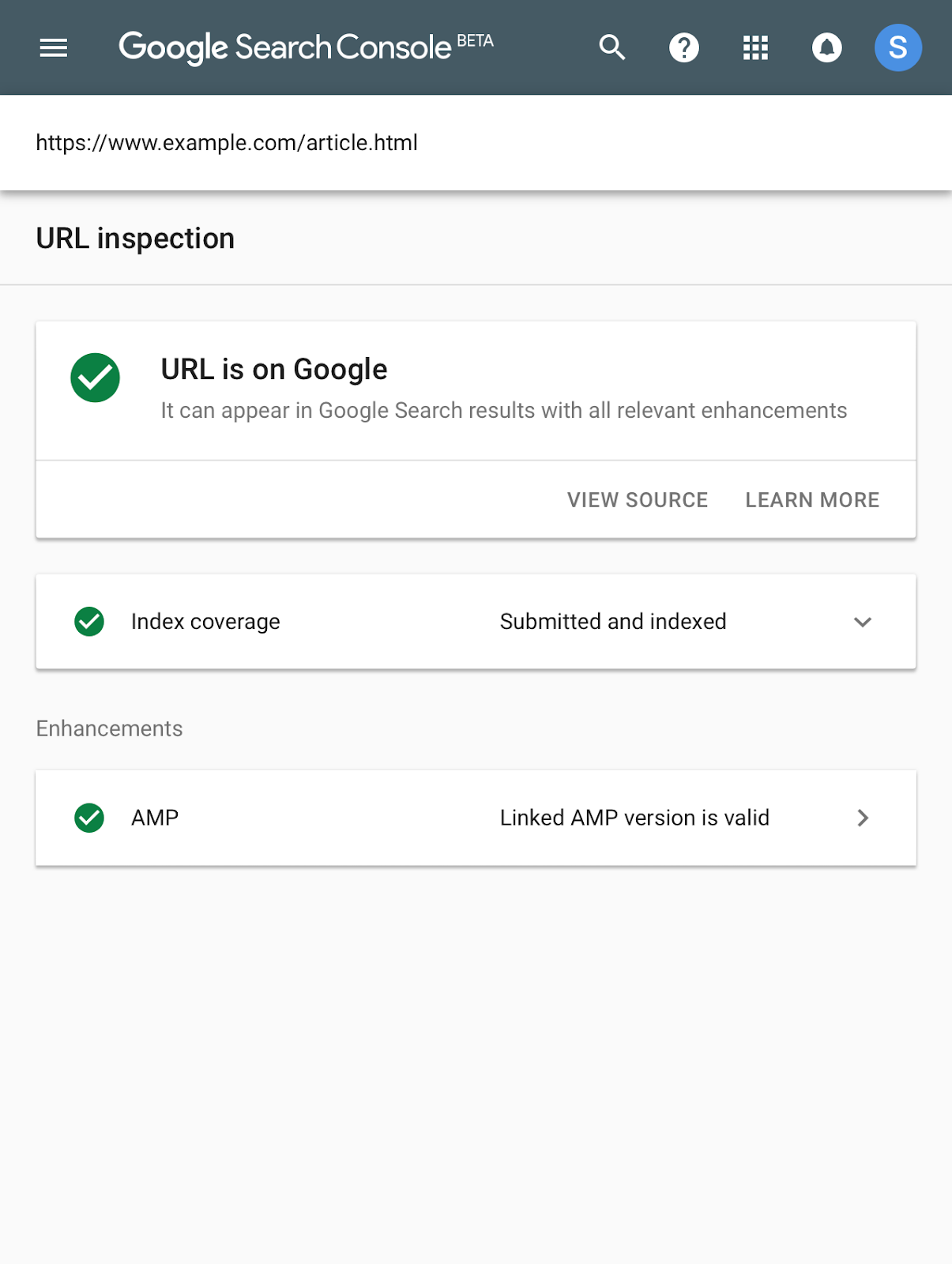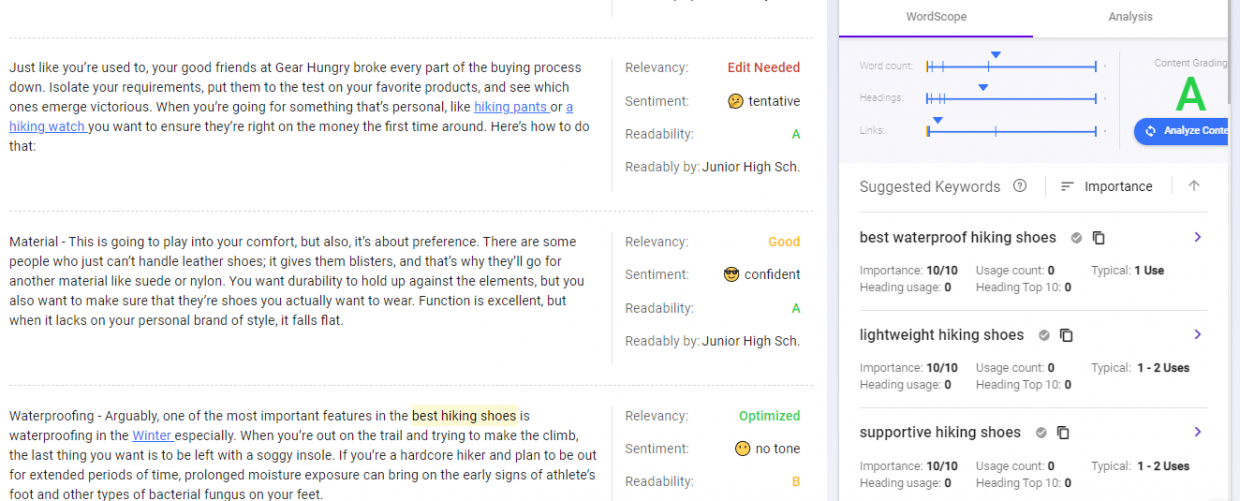Which one should you concentrate on first for your SEO? Content or link? We think content is better for your SEO.
Any SEO expert will tell you that quality links and content will undoubtedly boost your ranking in Google and other search engines when used correctly.
Nonetheless, which one should you focus more on first; content or link?
In today’s fast-evolving digital world, where user experience is essential, there is absolutely no doubt that “content is king.”
With well-designed content, you can quickly influence your target audience and convert them into customers naturally.
Similarly, links are an essential aspect of digital marketing.
And no marketing campaign can afford to this.
By crafting quality links, you will help Google ascertain your site or brand’s value and importance.
That said, which one should you concentrate on first?
This guide gives you all the information you need to answer that question.
Content or Link
As mentioned earlier, there is no doubt that both content and links are crucial for any website.
Good link building strategies will drive traffic to your website.
While quality and in-depth content will increase your audience and hopefully convert them.
But there is an issue.
It is almost impossible to build hundreds of links and develop long-term and comprehensive content simultaneously.
This is particularly true if you are a small business or a solopreneur.
Ideally, it is recommended that you do both.
But what if it is not possible on your end?
Both have advantages and disadvantages, and there is a twilight zone.
To help you make an informed decision, we will only look at the advantages of both links and content.
Advantages of Content First
For your users

Google values EAT (Expertise, Authority, and Trust).
If your content has these qualities, you will definitely rank well.
A good example of a brand that has landed this one is Shopify.
For instance, you search for any beginner topic that is eCommerce related like “what should I sell online” or “ways to boost your eCommerce conversion.”
Shopify will pop up on the 1st page for one of those searches.

But why?
The company’s main objective is to provide simple content as well as beginner-friendly.
And they achieve this by targeting their audience by delivering expert-written content that solves various problems and builds client relationships.
As the brand establishes itself as a leader in the eCommerce world, it is earning trusted mentions from other authoritative websites.
This will allow backlinks to come in naturally.
However, keep in mind that the sole objective of Shopify is not to get links but to make the user experience better through quality content.
Content helps your long-term strategy
Content has a longer shelf life than links.
While links usually lose their effectiveness over a certain period, content can be valuable to readers for decades.
Content can be useful on a site for years as long as it is relevant and fresh content is being added to it to make it better.
There are many examples of blogs written several years ago that are still generating sales and page views.
For instance, Copyblogger’s Brian Clark started with only two posts and a free report.
These were his cornerstone content.
Several years down the line, the content still gets thousands of page views.
If you search “Copywriting 101,” the blog post will pop up on the first page.

That does not apply to links.
Links must be refreshed regularly.
So if you craft evergreen content, it will technically have an eternal lifespan.
This is a good thing as it will keep visitors coming back to read the content and encourage others to link to it.
That means establishing yourself as a leader in your niche and more rewards.
Content provides value
There is one main con of a link-first approach.
Content that is awash with links but no value will not give other people reasons to link to it.
If you develop great content, you give other webmasters reasons to visit your site and share it with others.
Advantages of Link First
Direct traffic to your content

One of the most effective ways of attracting traffic from industry leaders and authority sites is through link building.
A good link building strategy that targets particular audiences and industry niches can direct traffic to your website from external sources.
And traffic is one of the most critical factors used to determine a site’s health.
Even if you have great content, it is useless if no one is reading it or clicking through the page.
Increases your authority
Every business wants to be a leader in its sector.
A well-crafted link-building strategy that is planned and executed well can help brands cement their authority as a leader in a niche.
In turn, this will lead to an increase in revenues, better sales, better brand signals, and consumer trust.
A website with more authority would naturally rank higher in SERPs and establish you as a leader in your niche.
Helps your site get indexed quicker

If your piece is not on search engines, then technically it does not exist.
For your content to be visible, the page must be indexed.
And the faster you are indexed, the quicker you will rank.
It is impossible to accomplish your marketing objectives if your site or page is not indexed.
So indexing is a factor you do not want to ignore.
Fortunately, there are many ways to get Google to index your pages faster and accurately like link building.
Getting links from trusted and reputable sites back to your site creates routes to your site that will help search engines crawl faster.
Nonetheless, make sure you get backlinks from sites that have authority in the industry.
While using untrustworthy and spammy sites may help you index more quickly, it may affect your SEO negatively.
Similarly, internal links play a critical role in making search engines comprehend your pages’ topics as well as the inner hierarchy of your site.
Using strategically positioned internal links, you will ensure that Google understands your content and how useful it is to users.
As you do this, make sure you avoid nofollow links as they signal to Google that it should not follow the link.
Content Vs Links: Which is Better?
According to Hubspot, marketers who favor content are 13 times more likely to get a positive ROI than prioritize links.
What’s more, annual growth in traffic for businesses that use content in marketing is 7 times higher than those that do not.
And while content marketing creates three times more leads than other marketing forms, it still costs 62% less than other marketing channels.
Content marketing not only opens up conversations with your target audience.
It also keeps the engagement helpful, engaging, and fresh.
Good content marketing tactics do not prioritize transactions nor coercion.
Instead, they lead to long-lasting relationships.
It does not interfere with the user’s activity.
But it is an extension of it.
So, while both content and links are important, we would have to side with content.
In fact, Google states that “providing high-quality content on your pages is the single most important thing to do for SEO.”

This essentially means that if you are serious about enhancing your page’s ranking, you cannot afford to focus only on links and ignore the content.
The more valuable and useful your content is, the higher you will rank.
Search engines nowadays rank sites that are regularly updated than those that aren’t.
Also, more content allows you to include more keywords and related phrases within your site and rank well in search results for several keywords.
For example, if you are a business with branches in Raleigh and Dallas, half of the content could use Raleigh-related keywords.
And the other half could include Dallas-related keywords.
Using this tactic can help you rank well in search results for both keywords so you can engage clients in both areas.
If you write useful and unique content for your site or blog, other sites may use it as a linkable asset.
And if they link back to your page, Google will start to notice that other sites view your pages as valuable.
And that will enhance your overall page ranking.
Because of these and many other reasons, it is almost impossible to ignore content in any feasible marketing strategy in 2021 completely.

How to Create Good Content
Top performing content, including viral articles and videos, usually has something in common that you can easily copy.
Start with proper keyword research

Keyword research usually starts with developing your buyer persona.
This will give you an idea about the topic to write about and what queries your target audience might have.
Before you get down to writing, confirm first if the idea will apply to a larger audience.
Yes, it is not wrong to write a post directed towards one person, but this would certainly be a waste of time and energy.
This brings us to keyword research.
Doing some research will show you the search volume of particular keywords and whether it is worth creating content around it.
One way to approach keyword research is to write down some questions that your buyer persona might have depending on their goals and challenges.
Then do research around the queries to determine the number of people searching for them.
Generally, you would want to go for attainable keyword phrases.
Those that have a monthly search volume and difficulty that corresponds to your site’s domain authority.
Trying to go for high volume and highly competitive phrases when your blog is still new may not turn out too well.
You can also go for long-tail, low-volume phrases with low keyword difficulty.
This will give you a good chance at ranking for the keywords and getting your piece on the 1st page.
If you are not sure how to approach this, you can use BiQ’s Keyword Intelligence tool.
It allows you to gather data on keyword volume, trends, keyword competition, related keywords, and more.
For example, if you sell “hiking shoes,” just key in the keyword.
It will show you all the details including related keywords, content ideas, popular questions, and trending searches.

Once you have done your keyword research, you may begin writing your content.
Whether you want to create podcasts, graphics, or videos, a viable creation process should follow these guidelines:
- Write to your buyer persona: Keep their euphemisms and voice in mind to develop content that resonates.
- Develop unique content: Do not just copy any data online. Include a unique style and cite new analysis to stress your points.
- Stick to one topic: Use your knowledge to emphasize it. Be specific and do not explain several related topics in one piece.
- Be true to your voice: Do not try impressing your target audience with expansive vocabulary or eloquent prose if they do not fancy it.
- Be clear and concise: This will make sure that your audience relates to you and get value from the content.
If that sounds too complicated or you too busy to keep all that in mind, there are handy tools like BiQ’s Content Intelligence tool that can help.
For any keyword of the document created, the tool analyzes it with the top-performing organic content on Google.
Better still, it gives you a breakdown of your keyword in terms of usage, similar keywords, and example sentences.
The keyword analyzer feature makes Content Intelligence unique from the rest of the tools on the market.
It helps you see why someone might be searching for the keyword in the search engine.
With this data, you will be able to plan your content in such a way that meets your users’ needs.
The image below shows results for “hiking shoes.”

Conclusion
The best approach here is to work on both links and content.
However, if you had to choose between content or link first, start with content.
Content is at the core of every successful digital marketing effort.
Without great content, you will not get far.




